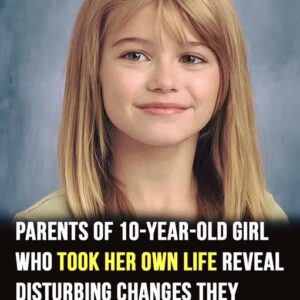Written by composer Alex North and lyricist Hy Zaret, “Unchained Melody” remains one of the most enduring love songs in music history. Originally composed in 1955 for the little-known prison film Unchained, the song was never meant to outshine the movie. Yet it did exactly that. The film faded into obscurity, while the song went on to become a masterpiece that transcended time, genre, and generation. With over 670 recorded versions worldwide, “Unchained Melody” stands among the most covered songs ever written.
The earliest performances of the song carried a sense of quiet longing, but it was The Righteous Brothers’ 1965 rendition that transformed it into pure emotion. Produced by Phil Spector and sung by Bobby Hatfield, that version became an instant classic. Hatfield’s soaring voice seemed to ache with devotion and desire, his high notes trembling with both power and tenderness. The arrangement was simple—piano, strings, and voice—but the emotion was overwhelming. The song wasn’t just heard; it was felt. Listeners described it as haunting, heartbreaking, and utterly unforgettable. Even decades later, the opening notes can send a wave of nostalgia through anyone who hears them.
When “Unchained Melody” resurfaced in the 1990 film Ghost, it reached yet another generation. The famous pottery scene between Patrick Swayze and Demi Moore, underscored by The Righteous Brothers’ version, became one of the most iconic romantic moments in cinema. That single sequence reintroduced the song to millions and reignited its popularity on radio charts around the world. The melody that had once belonged to the fifties now belonged to everyone.
Elvis Presley also played a pivotal role in the song’s legacy. His live performances of “Unchained Melody,” especially those late in his career, were raw and deeply moving. On stage, often visibly exhausted yet still magnetic, Presley would sit at the piano and pour his heart into every line. His rendition carried the weight of experience—the sound of a man who knew both love and loss. For many fans, it became one of the most touching moments of his later performances, a final testament to his ability to transform any song into something deeply personal.
Over the years, countless artists across languages and styles have reimagined “Unchained Melody.” From orchestral renditions to stripped-down acoustic covers, each interpretation finds something new in its familiar lines. Artists such as LeAnn Rimes, U2, and even Gareth Gates have all added their own shades of feeling. Yet, no matter who sings it, the essence remains the same: longing, devotion, and the fragile beauty of love that endures despite distance or time.
The lyrics are deceptively simple. “Oh, my love, my darling, I’ve hungered for your touch” speaks to a universal yearning that every listener can understand. Combined with the song’s sweeping melody, the words evoke both intimacy and eternity. It captures the ache of waiting, the ache of wanting, and the quiet hope that love can survive even separation.
“Unchained Melody” has outlived the film that gave it its name, outlasted changing musical trends, and transcended borders. It has become part of the collective memory of romance itself, a song that feels both personal and infinite. Whether heard on an old vinyl record, through a car radio at midnight, or in the final scene of a movie, it never fails to stir something deep within.
Decade after decade, “Unchained Melody” continues to remind us of love’s most human truth—that to love is to long, and to long is to live. Few songs have captured that feeling so completely. That is why, after nearly seventy years, its melody still feels unchained.





